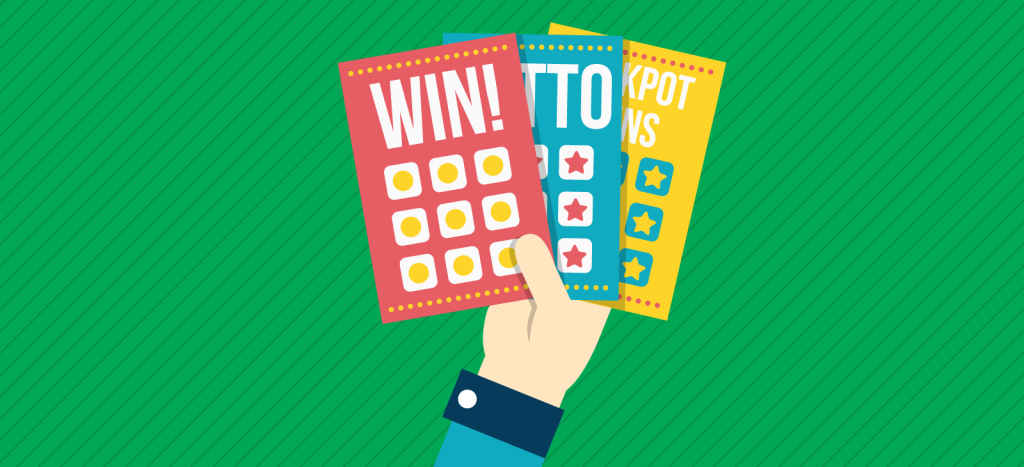The fusion of crypto and numbers has ushered in a new era of online lotteries, revolutionizing the way we perceive and participate in games of chance. In the digital age, where technology continues to reshape traditional industries, the marriage of cryptocurrency and lottery systems has become a compelling narrative. This convergence not only introduces a novel approach to gaming but also addresses some of the longstanding challenges associated with traditional lotteries. At the heart of this fusion is the use of blockchain technology, the decentralized and transparent ledger that underpins most crypto currencies. Blockchain’s inherent characteristics of transparency and immutability bring a new level of trust to the world of online lotteries, an industry historically plagued by skepticism and concerns about fairness. Through the utilization of smart contracts, lotteries can now operate with predefined rules and conditions that are automatically enforced, minimizing the risk of fraud and manipulation.

Cryptocurrencies, led by the pioneering Bitcoin, have provided a secure and pseudonymous means of transaction within the online lottery ecosystem. This ensures that participants can engage in lotteries with a heightened sense of privacy, as transactions are conducted with cryptographic keys rather than personal information. The decentralized nature of crypto currencies also facilitates global participation, breaking down geographical barriers and allowing individuals from different corners of the world to take part in a single, unified lottery experience. The fusion of crypto and numbers has not only enhanced the security and accessibility of online lotteries but has also introduced innovative tokenization mechanisms. In some instances, lotteries are creating their own native tokens, which participants can acquire and use within the lottery ecosystem. These tokens may have utility beyond the lottery itself, potentially providing holders with exclusive benefits, voting rights, or even a stake in the platform’s governance. This gamification of crypto currencies adds an extra layer of excitement and engagement to the lottery experience. Furthermore, the integration of crypto into online lotteries has paved the way for the rise of decentralized autonomous organizations DAOs. DAOs, powered by blockchain and smart contracts, enable participants to collectively make decisions about the lottery’s operations, prize distribution, and future developments.
This democratization of decision-making gives participants a sense of ownership and community involvement, fostering a more inclusive and participatory environment. As the fusion of crypto and numbers continues to gain momentum, it is essential to consider the potential challenges and regulatory implications associated with this emerging landscape. Governments and regulatory bodies are grappling with how to adapt existing frameworks to accommodate the decentralized and borderless nature of crypto lotteries. Striking a balance between innovation and consumer protection remains a key challenge for the industry’s sustainable growth. In conclusion, the fusion of crypto and numbers in online live macau lotteries represents a paradigm shift in the way we engage with games of chance. The integration of blockchain technology, crypto currencies, and innovative tokenization mechanisms brings a new level of transparency, security, and community involvement to the age-old concept of lotteries. As this fusion continues to evolve, it holds the potential to reshape not only the lottery industry but also our broader understanding of decentralized and transparent systems in the digital era.